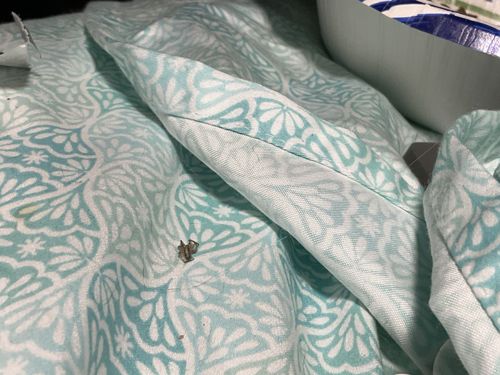Carpet Beetle
Scientific Name: Anthrenus scrophulariae (Black Carpet Beetle is Attagenus unicolor)
Order & Family: Order: Coleoptera, Family: Dermestidae
Size: 2-4 mm (0.08-0.16 inches)

Natural Habitat
Indoors, especially in areas with animal products like wool carpets, furs, taxidermy, stored food products, and even pet food. Outdoors, they can be found in nests of birds and mammals, or on flowers.
Diet & Feeding
Carpet beetle larvae primarily feed on animal-based materials such as wool, feathers, fur, silk, leather, and dried animal remains. Some species may also consume stored food products and synthetic fibers that are soiled with food or sweat. Adult beetles feed on flower pollen and nectar.
Behavior Patterns
Larvae are the damaging stage, often found in dark, undisturbed areas. They are slow-moving and tend to curl up when disturbed. Adults are attracted to light and often found near windows. The lifecycle can take anywhere from a few months to a year, depending on conditions and species.
Risks & Benefits
Risks: Can cause significant damage to household items made of wool, silk, fur, and other animal products. Ingesting carpet beetle larvae or their shed skins can cause allergic reactions or dermatitis in some sensitive individuals. Benefits: They play a role in decomposition in nature, breaking down animal carcasses and organic materials. However, their presence indoors is generally considered a pest.
Identified on: 9/29/2025